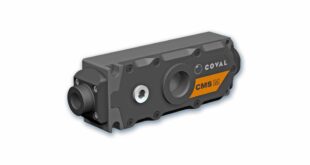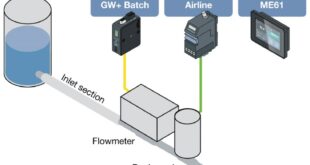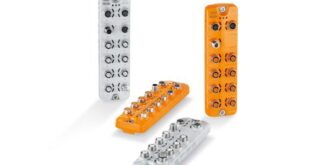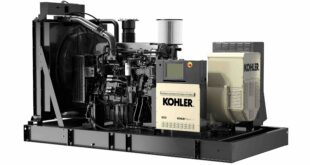In the rapidly-changing construction vehicle market, Roger Brereton explains why mid-level volume, bespoke manufacturing in the tier-two realm is increasingly important to allow for these innovations
Launches this year from the biggest companies in the construction vehicle sector are changing expectations of vehicle configuration.
CASE for instance, debuted its patented combined steering functionality on its next generation of graders.
The manufacturer combined industry-standard controls for the front wheel and frame articulation angle into one function, managed through either the joystick or the steering wheel, allowing for easier manoeuvring for the operator. Clever stuff.
End-customers have never felt more empowered to demand bespoke configuration.
However, many smaller vehicle manufacturer companies may struggle to implement this level of customisation to their products, due to high minimum order volumes from suppliers.
Another challenge is that construction vehicles often take up a very small market share. Specialist models, like mobile cranes, are unlikely to be produced on the same mass scale as something more commonplace, such as excavators.
Again, this presents a challenge for producing bespoke vehicle parts for these projects, because the market is so niche.
Using mobile cranes as an example, producing a smaller batch of vehicles or changing the configuration of the vehicle would require a relatively small order of specialist parts for manufacturing.
Take the steering column for example. Multinational manufacturers of steering columns are unlikely to take on the lower volume, bespoke manufacture required to fulfil the customer’s unique need. And if they did, there would be painfully long lead times.
For the many weird and wonderful construction vehicles out there, manufacturers cannot open a catalogue and simply order standard parts.
Instead, these designers need to work with specialist suppliers on a project level. In our customer’s case, they need an expert steering system manufacturer.
A steering system manufacturer must be able to work on a mid-level volume, custom basis, to ensure niche construction vehicle projects can be completed correctly.
With this expertise, projects will run successfully, and niche vehicle concepts can continue to be brought to market.
Tier two manufacturers must take on a project-level perspective, so that tier one construction vehicle manufacturers can continue to develop exciting new vehicle concepts. The need for project-level and bespoke steering system supply is here to stay.
Roger Brereton is head of sales at Pailton Engineering.
 Engineer News Network The ultimate online news and information resource for today’s engineer
Engineer News Network The ultimate online news and information resource for today’s engineer





